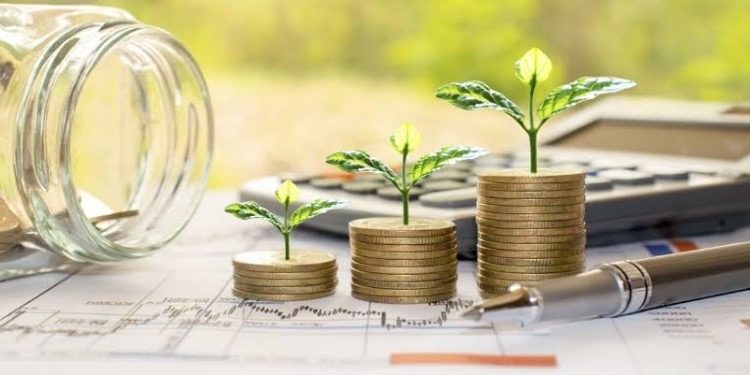As concerns about climate change and environmental degradation grow, more investors are seeking ways to align their financial goals with their values. Sustainable investing, which focuses on supporting companies that are environmentally responsible and socially conscious, has gained significant traction. Building an eco-friendly investment portfolio not only helps protect the planet but also can offer competitive returns. This article provides a guide on how to build a sustainable investment portfolio.
Understanding the Principles of Sustainable Investing
According to Lisa Ockinga, Chief Product Officer at Ling, “The foundation of sustainable investing lies in the ESG criteria, which evaluate companies based on their environmental, social, and governance practices. Environmental criteria assess how a company impacts the environment, including factors such as carbon emissions, waste management, energy efficiency, and resource conservation. Social criteria examine how a company manages relationships with employees, suppliers, customers, and communities, focusing on aspects like labor practices, human rights, and community engagement. Governance criteria evaluate a company’s leadership, executive pay, audits, internal controls, and shareholder rights, ensuring transparency and accountability. Investors use these criteria to identify companies that are not only financially sound but also contribute positively to society and the environment.”
Steps to Build an Eco-Friendly Investment Portfolio
“Start by clarifying your financial goals and the specific values you want to prioritize in your investments. Determine which ESG factors are most important to you, whether it’s reducing carbon footprints, promoting fair labor practices, or supporting gender equality. Conduct thorough research to identify companies, funds, and ETFs (exchange-traded funds) that meet your ESG criteria. Many financial institutions offer sustainable investment products, and some numerous online resources and databases provide ESG ratings and performance metrics. Look for companies with strong sustainability reports and transparent practices. Just like any investment strategy, diversification is key to managing risk. Build a diversified portfolio that includes a mix of asset classes, sectors, and geographies. Ensure that your investments span various industries that adhere to high ESG standards. This approach not only mitigates risk but also supports a broad range of sustainable practices” says, Gerrid Smith, Chief Marketing Officer at Joy Organics.
Benefits of Sustainable Investing
“Sustainable investing offers several advantages beyond the ethical and environmental impact. Companies with strong ESG practices often exhibit better management and lower risk profiles, leading to sustainable long-term growth. Studies have shown that sustainable investments can perform as well as, if not better than, traditional investments. By focusing on ESG criteria, investors can avoid companies with poor environmental practices, social controversies, or governance issues, which can pose significant financial risks. Sustainable companies are often better prepared to handle regulatory changes and reputational risks. Sustainable investing allows individuals to support businesses that are driving positive change in the world. By directing capital towards companies that prioritize sustainability, investors can contribute to a more sustainable and equitable future” asserts, Sam Hodgson, Head of Editorial at ISA.co.uk
Conclusion
Sustainable investing is not just a trend; it is a growing movement that reflects a shift in how investors view their role in the global economy. By incorporating ESG criteria into your investment decisions, you can build an eco-friendly portfolio that aligns with your values and contributes to a better world. With careful research, clear goals, and a diversified approach, sustainable investing can offer both financial rewards and the satisfaction of making a positive impact. As more investors embrace this approach, the momentum towards a more sustainable and responsible financial system will continue to grow.




![7 Best POS Software in the UK [2026 Edition]](https://todaynews.co.uk/wp-content/uploads/2026/02/7-Best-POS-Software-in-the-UK-2026-Edition-360x180.png)






































































